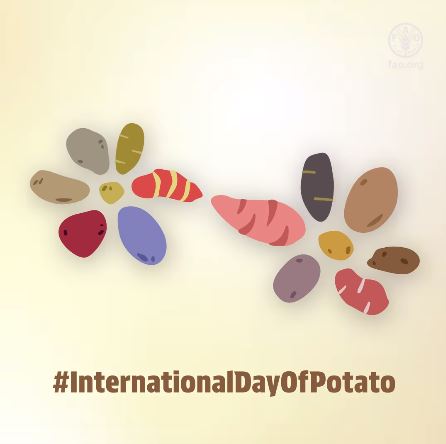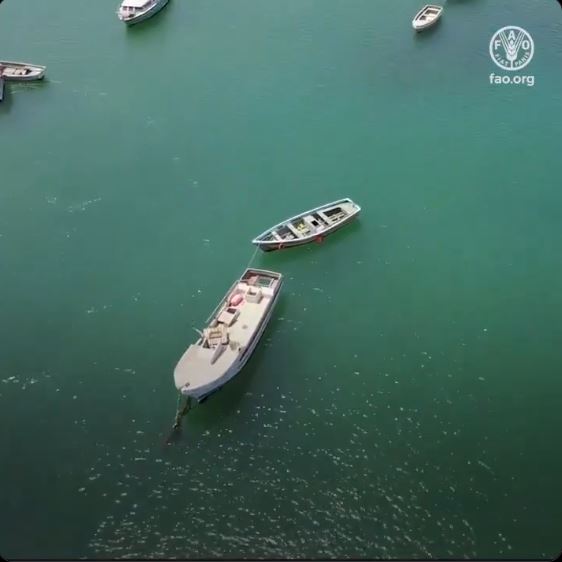Highlights
Director-General

News
Nuclear techniques can play a crucial role in setting science-based global food standards
International Symposium on Food Safety and Control: FAO underscores the importance of nuclear technologies for measuring, managing and controlling food safety
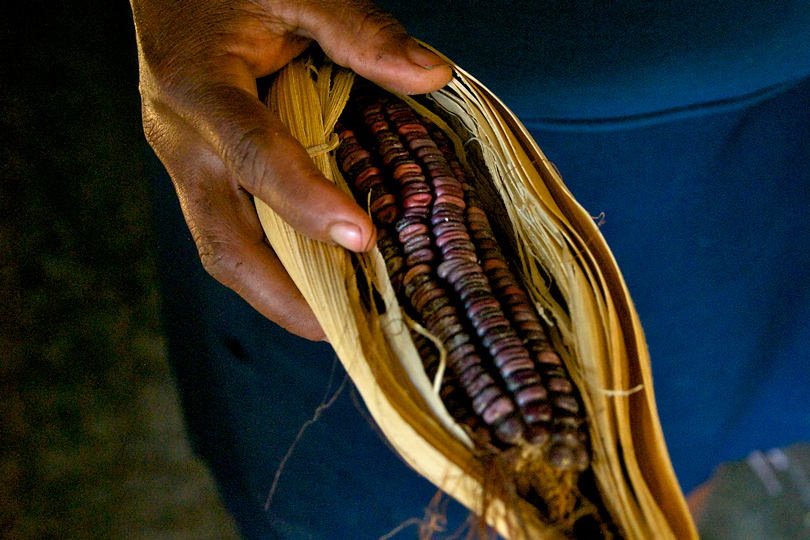
Story
Traditional agrifood systems conserve biodiversity and support nutrition in Mexico
Reviving and marketing ancestral agricultural food production practices.
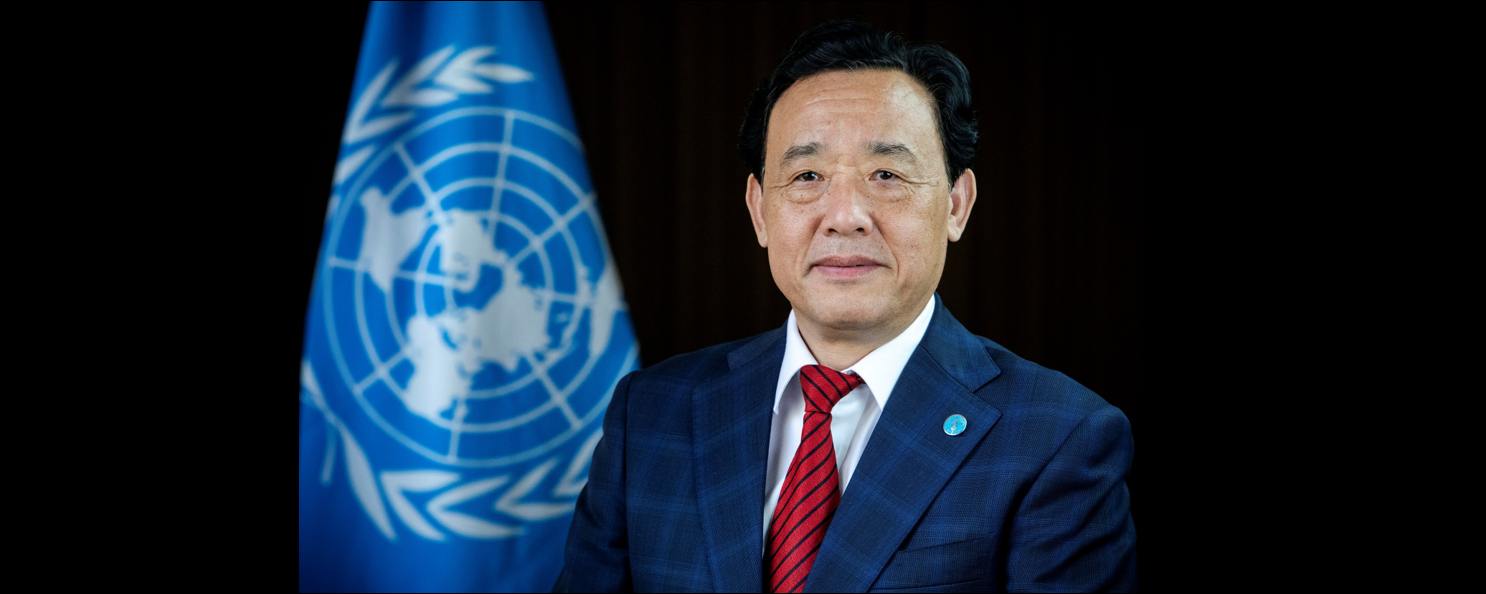
FAO wins the King Hassan II of Morocco Great World Water Prize
Statement by FAO Director-General QU Dongyu welcoming the award
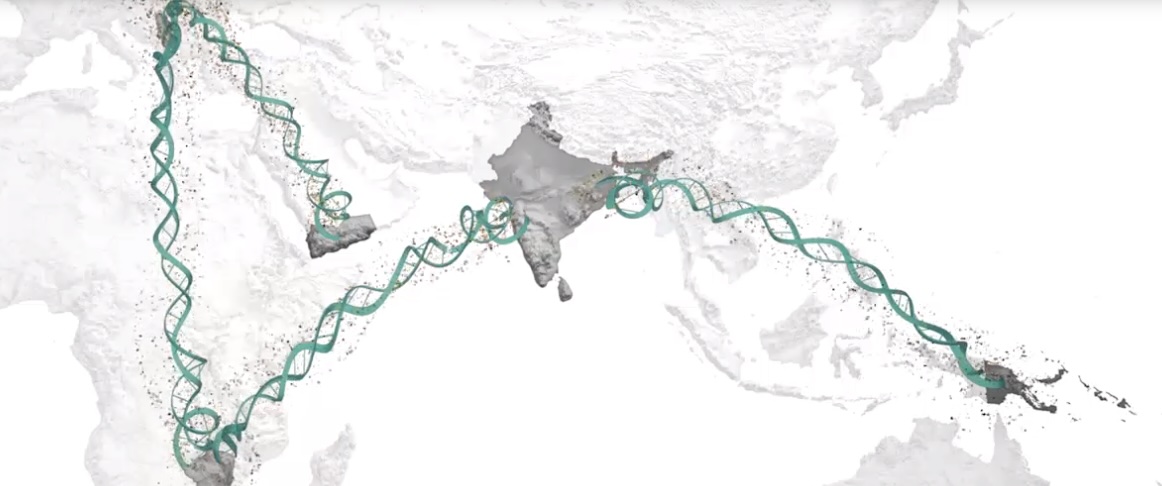
Interactive story
Follow the seeds

In Focus
Accelerating digital innovation in Small Island Developing States (SIDS)
The SIDS Solutions Platform helps to share, replicate and scale up locally grown ideas.

In Focus
FAO response to global food security challenges
Data analyses, policy recommendations, and actions on the ground.
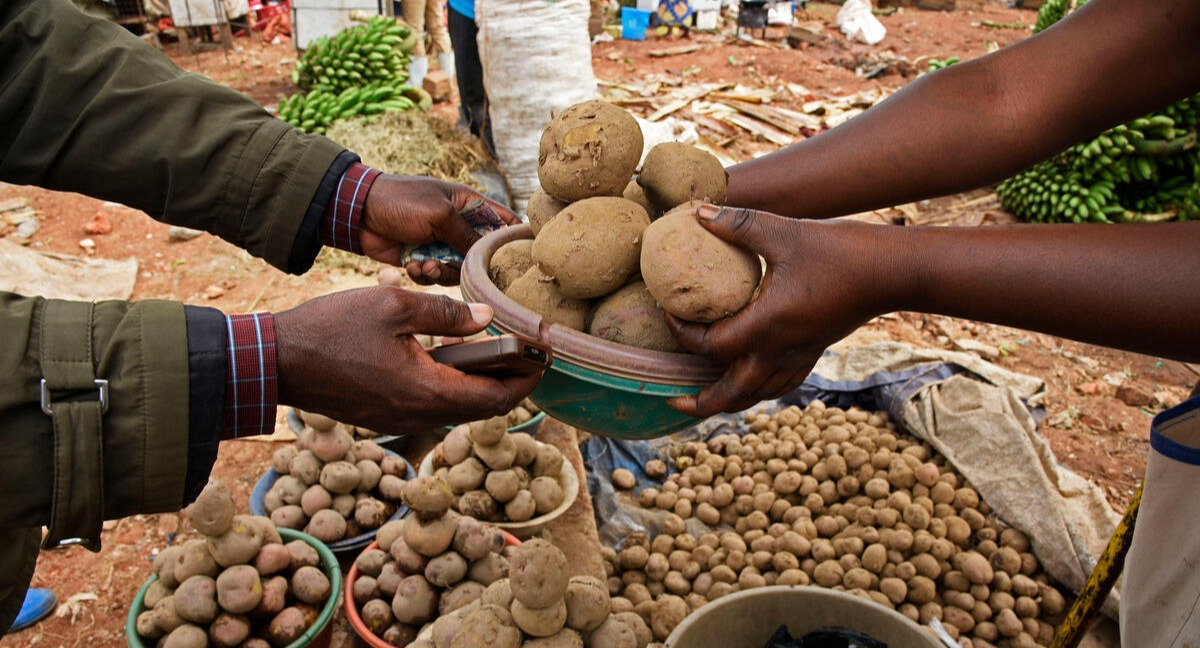
Publication
Potatoes: So Familiar, So Much More to Learn
Get ready to celebrate the first International Day of Potato!
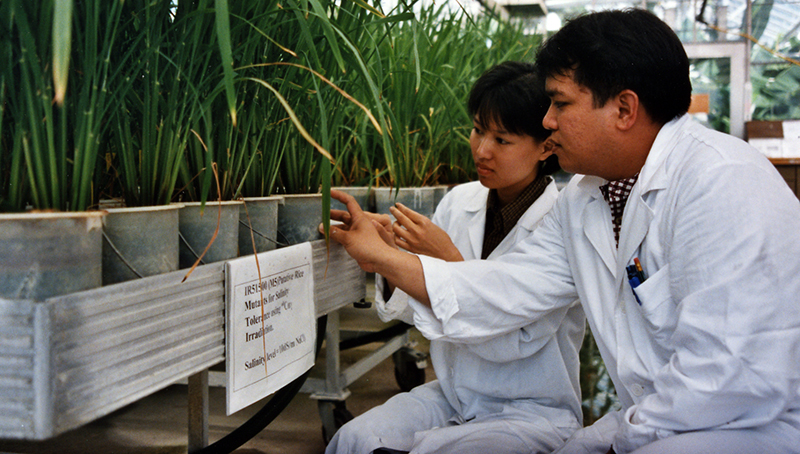
In Focus
Joint FAO/IAEA Centre of Nuclear Techniques in Food and Agriculture
FAO and IAEA explore the safe use of nuclear technologies in agriculture.

Director-General

FAO wins the King Hassan II of Morocco Great World Water Prize
Statement by FAO Director-General QU Dongyu welcoming the award
Voices of Impact
Cabo Verde boosts its resilience to climate change with the support of South-South Cooperation
24/05/2024
Climate change and prolonged droughts pose an ever-increasing threat to agriculture in Cabo Verde. Watch the video and see how through the FAO-China South-South Cooperation project, a group of Chinese experts passed on their knowledge and expertise to Cabo Verdean farmers and livestock producers to fight pests, manage soil and animal production in order to adapt to the effects of climate change.
Video
7 ways nuclear technology is improving food and agriculture
24/05/2024
Discover how FAO and IAEA are leveraging nuclear technologies to help feed the world.
Podcast
FAO Brief - 20 May 2024
20/05/2024
In this episode, 1.8 million people in Honduras experience high levels of acute food insecurity, according to the Integrated Food Security Phase Classification or IPC; FAO’s Director-General urges peace and digitalization to achieve the SDGs in the Regional Conference for Europe; and FAO’s environment and climate monitoring portal Earth Map receives the Google impact award.
Data
FAO Food Price Index 2021-2024
Source: https://www.fao.org/worldfoodsituation/foodpricesindex/en/
2020 World
31.2%
2010 World
31.5%
In depth
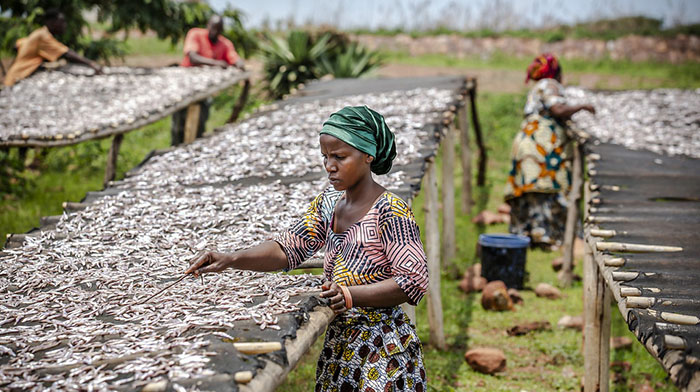
In Focus
Annual funding overview
Thanks to continued trust and growing financial support from our Resource Partners, FAO is working to create a world without hunger or poverty.
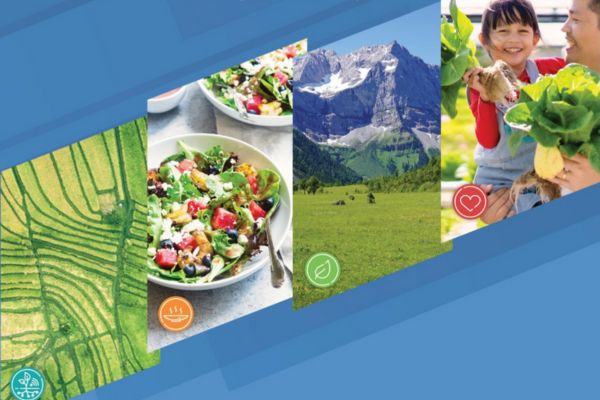
Publication
Medium Term Plan and Programme of Work
The Director-General’s Medium Term Plan (Reviewed) 2022-25 and Programme of Work and Budget 2024-25.
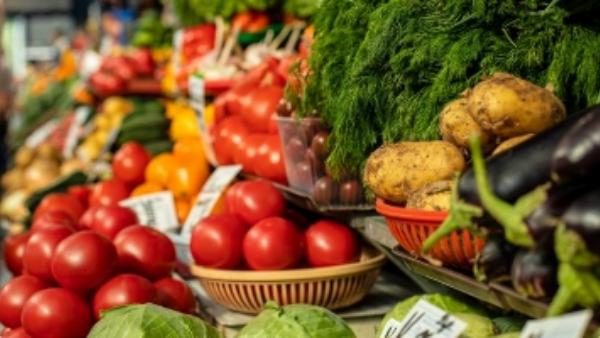
In Focus
FAO Data Lab
The FAO Data Lab for Statistical Innovation modernizes the statistical business process, with a specific focus on emergency contexts, when having access to timely information is very important.
FAO and the SDGs
Hover the mouse over an SDG icon for more information
A world free from hunger and malnutrition where food and agriculture contributes to improving the living standards of all

FAO works with governments and partners to empower some of the world’s most marginalized people to end rural poverty.

FAO helps ensure food security by developing ways of growing food that will work in the future so that millions of people don’t go hungry.

Good health starts with nutrition. FAO sets global standards and works with governments and the private sector to ensure food quality and safety throughout the food chain.

FAO invests in educational systems for rural communities and supports improved access to primary education and school meals in order to create equal opportunities for all and chances of lifelong learning.

FAO supports gender equality in the agricultural sector in an effort to raise levels of nutrition in local communities and improve agricultural productivity.

FAO works with governments to ensure water use in agriculture is made more efficient, equitable and environmentally friendly.

FAO promotes the use of renewable energies and works to ensure access to modern energy services across the food chain.

FAO seeks better economic opportunities for all by investing in sustainable agricultural practices and food systems that reduce inequalities and create decent jobs.

FAO seeks to secure a future for rural communities via investments in transportation, irrigation, food storage facilities and communication technologies.

FAO works with countries and partners to generate employment in rural areas, ensure access to natural resources for the most vulnerable and connect farmers to markets.

FAO works to improve urban healthcare, water quality and rethink city region food systems to help deter the negative effects of sprawling urbanisation.

FAO coordinates major global initiatives and projects to tackle food waste and loss, partnering with international organisations, the private sector and civil society.

FAO supports countries in responding to the threats of climate change by providing advice, data and tools for better agricultural policies and practices.

FAO, in partnership with governments and fishing communities, implements best practices in fisheries to ensure our oceans are protected as a means of livelihoods.

FAO promotes sustainable approaches to natural resource management and supports endeavours that promote a balance between conservation and development initiatives.

FAO plays a critical role in peacebuilding, restoring rural livelihoods, building resilience and participatory approaches to policymaking.

FAO acts as a neutral policymaking forum and develops partnerships with all concerned with food and agriculture to ensure a world free from hunger.



















